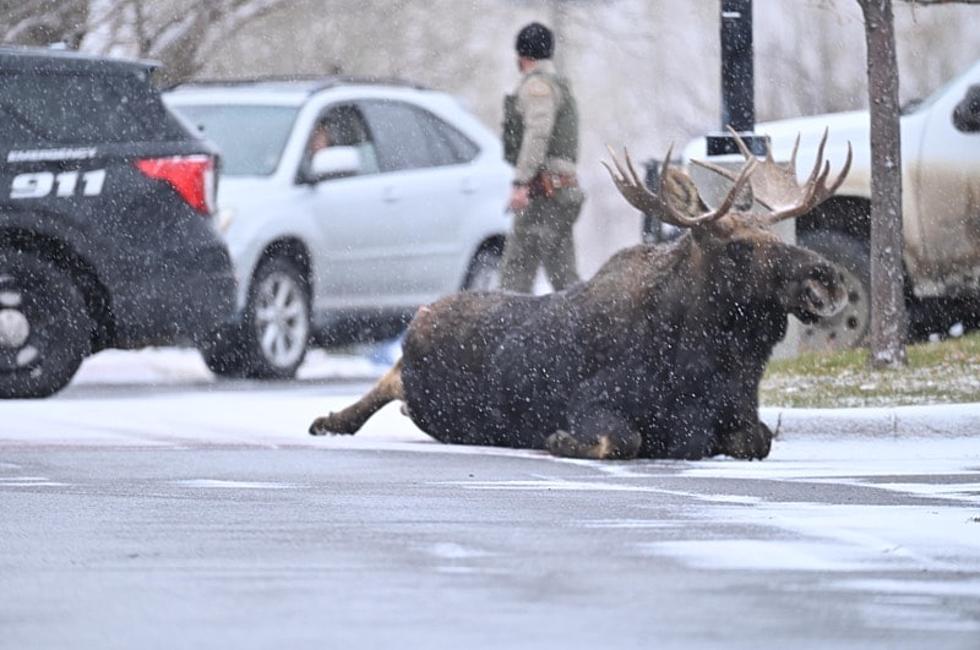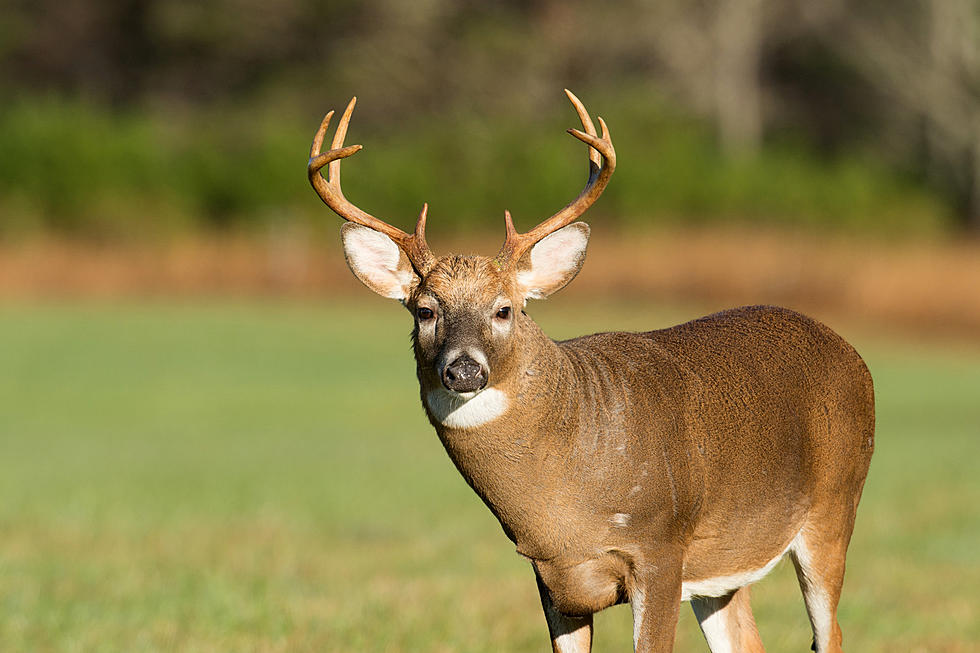
Chronic Wasting Disease Looms Large on Hunters’ Horizon
KALISPELL, Mont. (AP) — This year was a dark one for Montana hunters and lovers of wild game meat with the announcement that, for the first time, a wild elk and a wild moose were found infected with chronic wasting disease.
CWD is a contagious neurological disease that infects deer, elk and moose. There is no known cure, and it is fatal to infected animals. Animals may be infected for up to two years before showing any symptomatic signs of infection.
While there is no known transmission of chronic wasting disease to humans or other animals, including pets or livestock, the Centers for Disease Control and Prevention recommends that hunters harvesting a deer, elk, or moose from an area where CWD is known to be present have their animal tested for CWD prior to consuming the meat, and to not consume the meat if the animal tests positive.
After the disease turned up in white-tailed deer in the state in 2017, most observers believed it was just a matter of time before two of the state’s most sought-after game animals tested positive for CWD.
It proved to be true, the Daily Inter Lake reports.
Wildlife officials say they don’t know where the disease originated, but it has been found in free-ranging populations of either deer, elk or moose in 24 states and two Canadian provinces, including Saskatchewan and Alberta.
In Canada, the disease was first detected on a Saskatchewan elk farm in 1996.
According to an article published by a team from the Center for Infectious Disease Research and Policy at the University of Minnesota, movement of infected live deer, elk and moose has also been implicated in the spread of the disease among North American deer and elk farms, with 10 states (Iowa, Michigan, Minnesota, Missouri, Montana, New York, Ohio, Oklahoma, Pennsylvania, and South Dakota) and three provinces (Alberta, Quebec, and Saskatchewan) detecting their first CWD cases.
The article was published on MBio, an open-access journal, by the American Society for Microbiology.
In Canada, officials are testing for the disease in British Columbia, but it has not been found there.
More From KBUL NEWS TALK 970 AM & 103.3 FM









